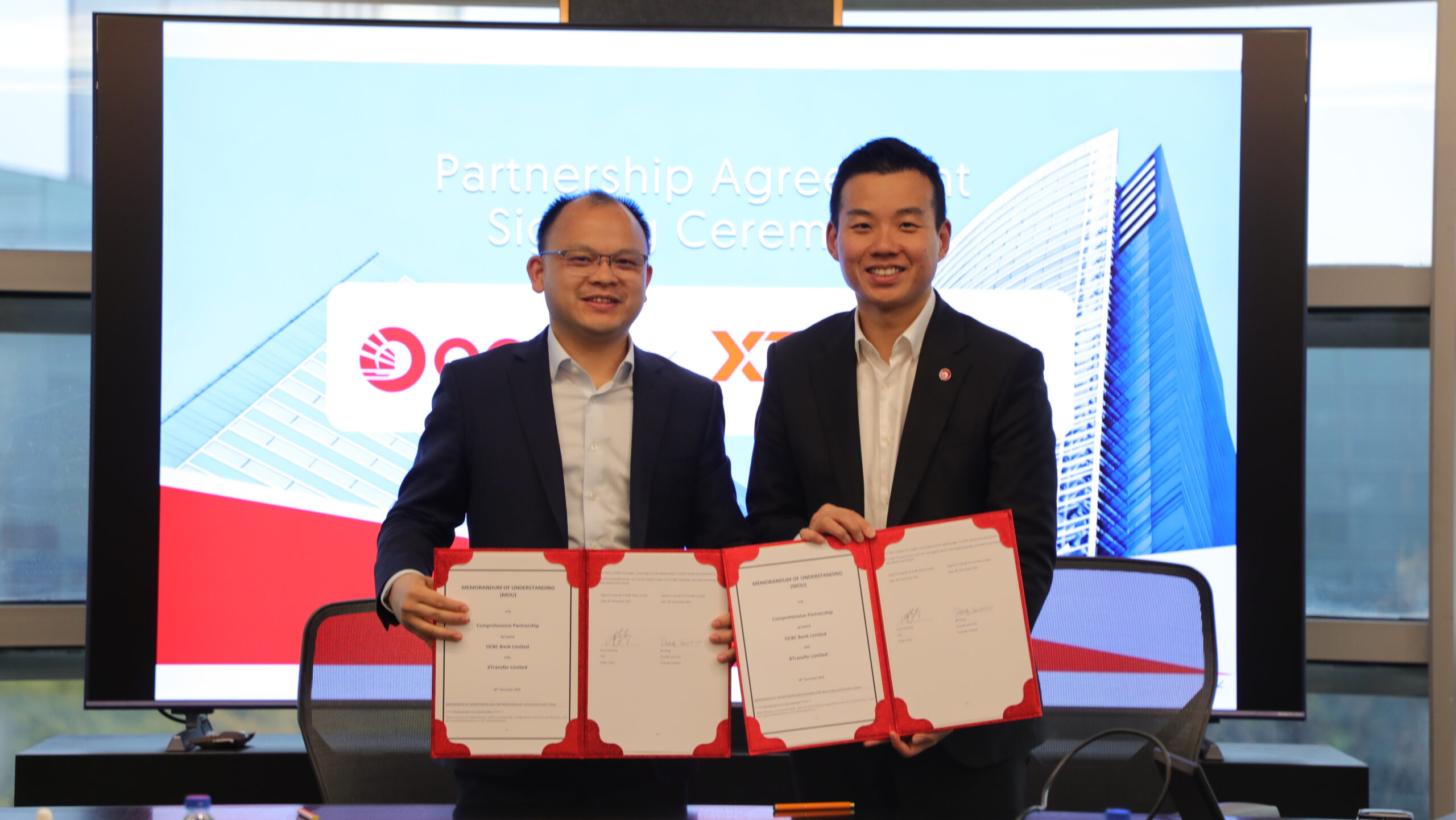
AUKUS Threatens Security and Stability in Southeast Asia, Expert Warns
Berita Baru, Jakarta – The geopolitical dynamics of Southeast Asia have been significantly affected by the formation of AUKUS, a trilateral security partnership between Australia, the United Kingdom, and the United States. Veronika S. Saraswati, Coordinator of the International Relations Study Program at Indonesia China Partnership Studies, voiced serious concerns regarding the alliance’s implications for the region.
“AUKUS has the potential to trigger an arms race in the Asia-Pacific area, forcing other nations to enhance their military capabilities in response,” Saraswati stated. She highlighted the disproportionate military power between AUKUS and ASEAN, noting that the latter lacks the unified strength to counterbalance such a force. “ASEAN’s military capabilities remain weak, which threatens the region’s sovereignty and stability.”
Saraswati further warned of the risks posed by U.S. military activities in the region, particularly the construction of U.S. military bases in the Philippines under AUKUS. “This will inevitably challenge the sovereignty of Indonesia and other Southeast Asian countries,” she said. The potential operation of nuclear-powered submarines within ASEAN waters under AUKUS, according to Saraswati, could lead to increased instability and heighten the risk of confrontation between major powers like the U.S. and China.
Indonesia’s Ministry of Foreign Affairs has expressed deep concern over the escalating arms race in the region. However, ASEAN’s lack of a unified response to AUKUS raises questions about its ability to safeguard regional sovereignty. “AUKUS reminds ASEAN of the costs of its hesitation and indecision in a rapidly evolving geopolitical environment,” Saraswati remarked.
She also noted the broader global context, pointing to declining U.S. influence, particularly among Muslim-majority nations. “The U.S. is losing support in Southeast Asia, partly due to its chaotic foreign policy, which includes its stance on the Gaza war,” she added.
In light of these developments, Saraswati urged ASEAN to reconsider its security strategies and strengthen its ties with China. “China is a trusted economic and trade partner for ASEAN, and it is time to extend that trust to the security sector,” she explained. “China’s growing military capabilities can offer significant support in counterbalancing AUKUS, and unlike the U.S., China has no history of using military power for war-related business interests.”
As tensions between the U.S. and China continue to rise, Saraswati concluded that Southeast Asia will become an increasingly complex geopolitical battleground. “How ASEAN positions itself in this power struggle will determine the future stability and prosperity of the region,” she said.








